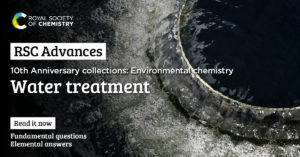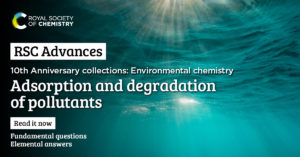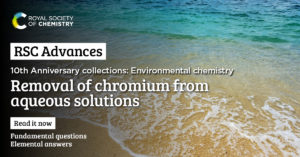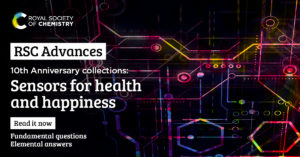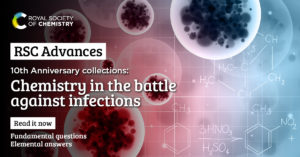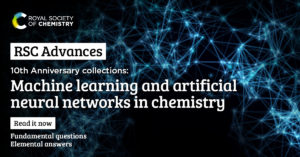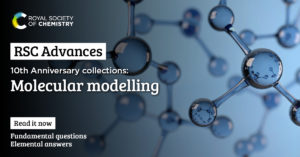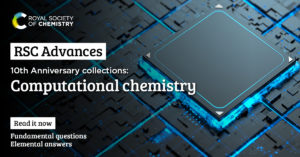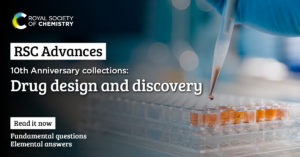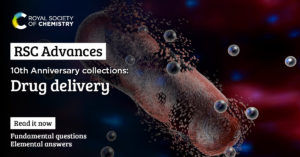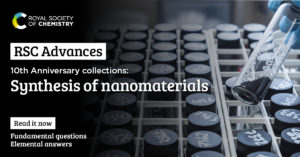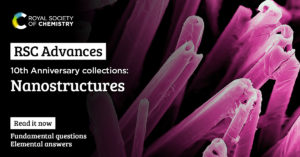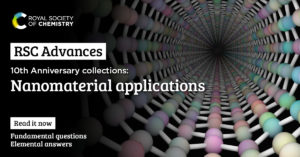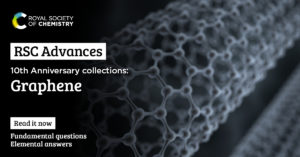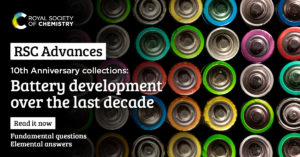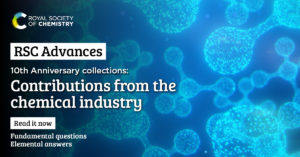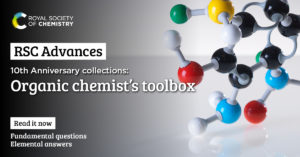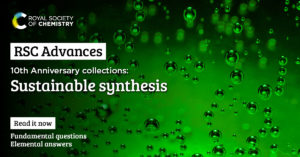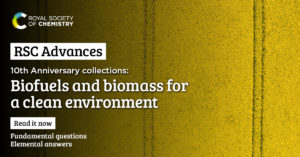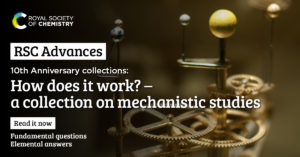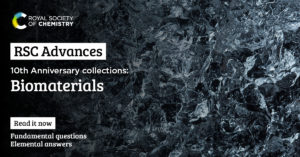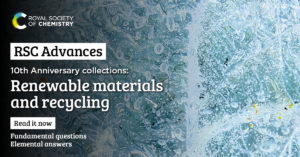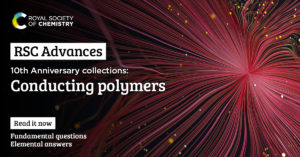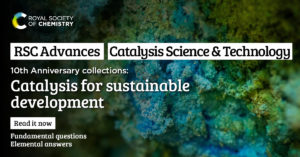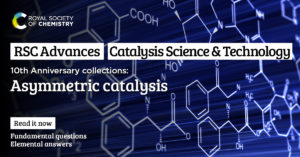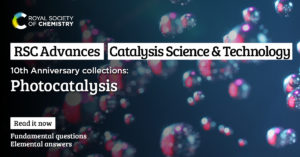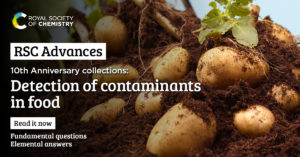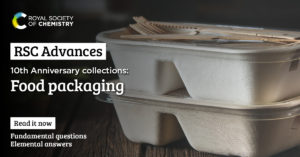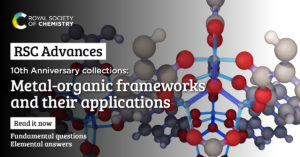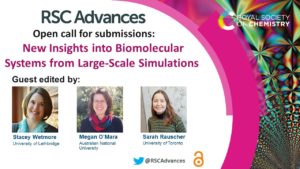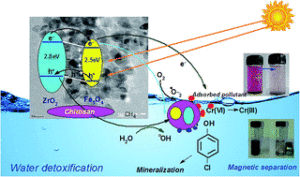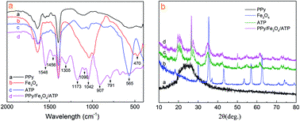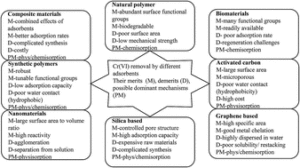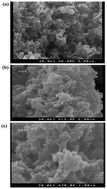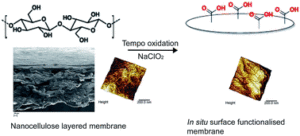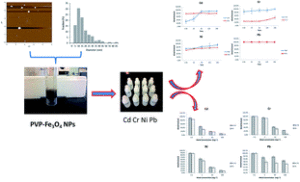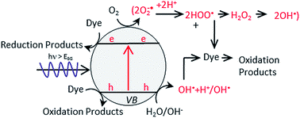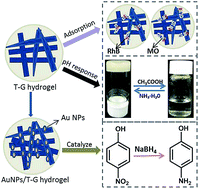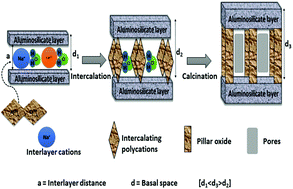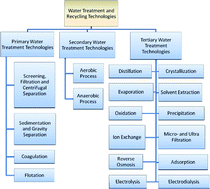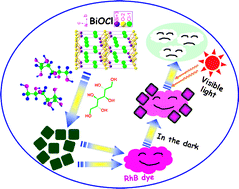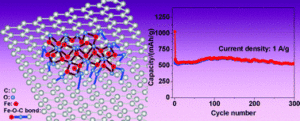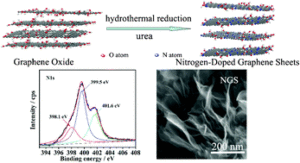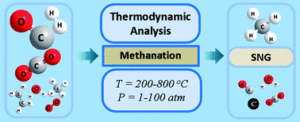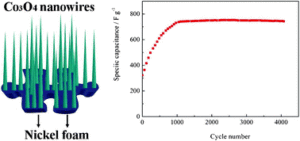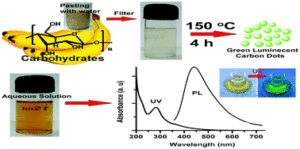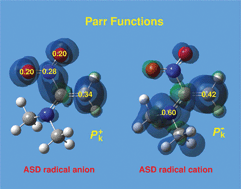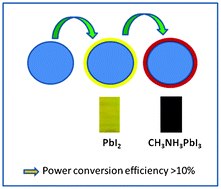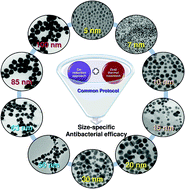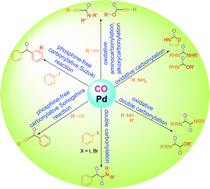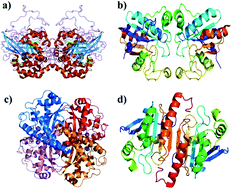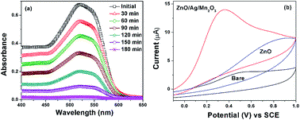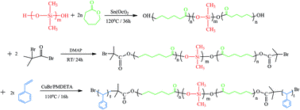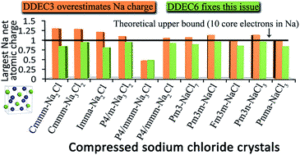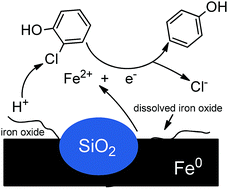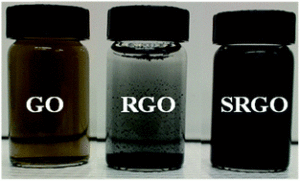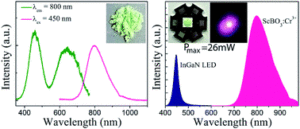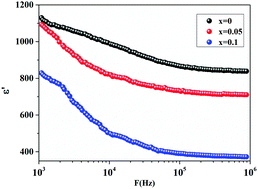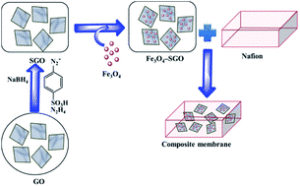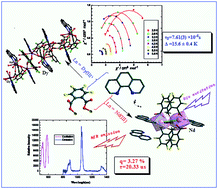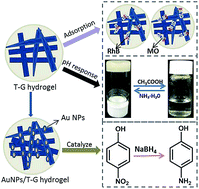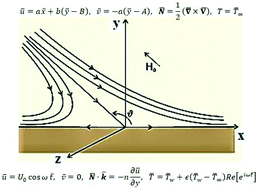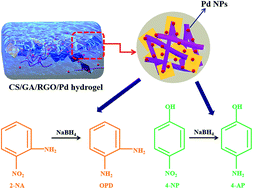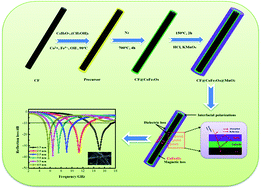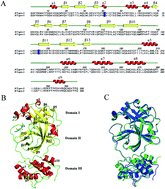Why did in-house editors reject my paper?
From the perspective of two staff editors at RSC Advances
Research papers submitted to RSC Advances are subject to initial quality checks by in-house editors before they are passed on to our expert Associate Editors for assessment. This week we are going to take a peek behind the curtain of the editing team at RSC Advances and see how in-house editors reject papers that do not meet the journal’s criteria.
Editors first check whether a manuscript is within the scope of the journal as described on the journal website. Papers published in RSC Advances must present insights that advance the chemistry field or be of interest to chemists. Most of the manuscripts we reject for being out of scope may contain some chemistry (for example, a chemical compound used as a drug or for drug delivery) but with the primary scientific advance in a different field such as pharmacology, statistics, genetics, etc. Manuscripts that are out of the scope of the journal are rejected without peer-review no matter how sound the science is.
Once editors are satisfied that the paper fits within the scope of the journal, we go through your manuscript to ensure that all relevant and correct documents for submission are present. All our experimental data reporting requirements can be found online. The emails we most frequently send as editors are those requesting authors for supporting data as what was supplied did not meet our requirements. We cannot publish papers where the data provided does not meet our data standards. For example, all Western blot and other electrophoresis data should be supported by the underlying uncropped and unprocessed raw images, all new small molecule crystal data must be present in the CIF (Crystallographic Information File) format, etc.
In addition, do keep in mind good publishing practices and follow the ethical guidelines that we have listed on our Author hub. Key points to keep in mind are:
- Make sure you address the scope of the paper in your cover letter or in your bibliography by citing previous work from the same journal and/or similar journals.
- Use your own words to describe previous work and experiments, and make that sure all your references are correct.
- Avoid making unsupported claims about your findings and provide all data supporting your findings either in the main paper or in the Electronic Supplementary Information. The Royal Society of Chemistry also strongly encourages authors to deposit the data underpinning their research in appropriate repositories.
- Only submit your manuscript to one journal at a time.
If your paper has already been peer-reviewed at another Royal Society of Chemistry journal, please make sure to address the previous reviewer comments and revise the paper before submitting it to RSC Advances (and preferably include the point-by-point response to the previous referee comments as well). We feel that it is very important that the time and efforts of our reviewers are duly acknowledged in this manner, and this process should also help to improve the quality of work published in our journals. Be firm yet diplomatic in your responses to referee comments (even if the referees are confrontational). There is nothing to be gained in responding aggressively, even if you are sure you are right. Even if the referee reports are very negative, your paper may still be accepted if the Editor is convinced by your rebuttal letter.
In-house editors support external expert Associate Editors in their handling of papers, but we also support authors too. If you have any queries about data or scope pre- or post- submission of your paper, please do get in touch with the journal and we will be happy to help.
We hope that we have provided some clarity about why in-house editors at RSC Advances reject papers and what can be done to avoid this in any future submissions!
Tune in next week for interviews with three of our Associate Editors where they discuss their most common reasons for rejecting manuscripts and reveal their best publishing tips!
You are welcome to send in any questions you have about peer-review or publishing to advances-rsc@rsc.org or post them on Twitter @RSCAdvances #AdvancingWithAdvances.


















